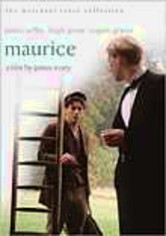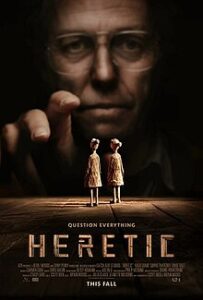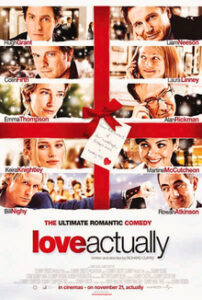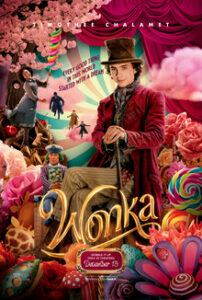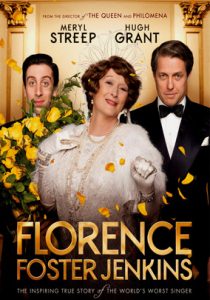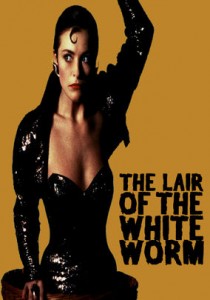Glass Onion: A Knives Out Mystery-2022
Director Rian Johnson
Starring Daniel Craig, Edward Norton, Janelle Monáe
Scott’s Review #1,331
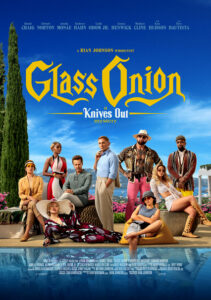
Reviewed January 5, 2023
Grade: B
I teetered over grading Glass Onion: A Knives Out Mystery (2022), referred to as Glass Onion, a B+ or a B, but the hardline critic in me won out on this day.
If I hadn’t compared it so much to the deliciously witty and inventive Knives Out from 2019, I might have given it a generous B+ rating. Still, it’s also impossible not to compare the two, since the setups and similarities are too apparent.
Rian Johnson, who returns to the fold as director, writer, and co-producer, pays tribute to the fabulous Agatha Christie murder mystery whodunits and the Hercule Poirot detective inclusion with the delightful Daniel Craig as the lead, reprising his role as master detective Benoit Blanc, as he takes on an exciting new case.
A Greek island owned by ultra-billionaire Miles Bron (Edward Norton) serves as the setting for the Southern detective’s latest adventure, which unfolds as a group of the tech giant’s friends gather for a murder mystery party that quickly turns deadly.
I couldn’t watch Miles without thinking of Elon Musk, the current controversial social media Twitter chief executive officer, in all his juvenile buffoonery.
Appearances by top stars Janelle Monáe, Kate Hudson, Kathryn Hahn, and Leslie Odom Jr., and a surprise cameo by Hugh Grant round out the cast. Along with Craig and Norton, this brings enough star power to create buzz.
It’s also appealing that Benoit, a clear ode to Poirot, is the only character who is the same from the first Knives Out story. His character is immediately developed when we see him soaking in a bathtub in his Manhattan apartment, conversing with a male voice offscreen.
He refuses to leave the tub during the very topical COVID pandemic, making the entire film feel incredibly timely and relevant.
Let’s see what happens when the film ages ten years.
We later learn that his husband, Phillip (Hugh Grant), lives with him, and Blanc is gay. How wonderful to incorporate an LGBTQ+ presence into a main character, and icing on the cake is that the studly James Bond actor is all in.
With Blanc’s vague sexuality revealed, the exciting mystery commences with many twists and turns among the characters, led by a fantastic dual performance by Monáe. She plays sophisticated New Yorker Andi and her southern sister Helen Brand.
The other characters are a mixed bag with Hudson and Hahn playing ridiculous, over-the-top roles as a washed-up fashion designer and an aspiring governor, respectively.
But the cartoon character award goes to former WWE professional wrestler David Bautista as the weird, buff guy, Duke Cody, who barely keeps his clothes on.
Still, the characters are a hoot, and the anticipation of how they all connect, who has screwed over whom, and why, is slowly revealed in fun form.
Not to be outdone, there are even revelations of who is screwing whom in the bedroom.
The story isn’t as interesting as the one in Knives Out. The ingenious script is lost, and by the end, it’s a case of who cares? All we want to know is who’s dead and who’s alive, and what does the Mona Lisa have to do with anything?
The cast undoubtedly had a ball making Glass Onion, and the sunny Greek Island locale is a great choice. As the players bask in the sun and saunter around in bikinis, sipping a cocktail or three amid peril, it is great fun for the cast and viewers alike.
It’s unclear if Johnson will create another installment of the Knives Out collection, but I’m on board if he does. I’ve been fascinated by the whodunit genre for as long as I can remember.
Glass Onion: A Knives Out Mystery (2022) isn’t quite as riveting or satisfying as Knives Out (2019), but the film is still enjoyable, thanks to its superior, glossy production values and a great cast.
Oscar Nominations: Best Adapted Screenplay
